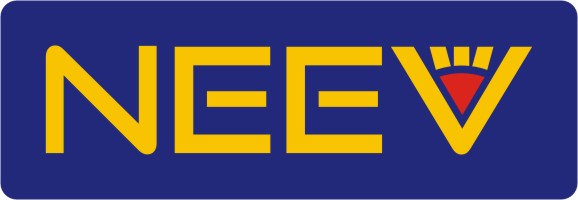Every parent wants to give the best education to their wards and especially school education is that strong edifice which not only helps to best shape the building years of a child but also shapes his overall personality and has an everlasting impact on a child’s persona.
But it has been observed that one of the biggest problems a parent faces is “How to choose the right board for my child?”
Any many times even the parents lack enough information on the different types of boards that exist in India and which ones to opt.

Here is a detailed analysis of the same
There are mainly two types of boards in India
- National Boards
- International Boards
National Boards are further divided into
a) ICSE
b) CBSE
c) State Boards
International Boards are further divided into
a) Cambridge Board; IGCSE
b) IB Board
The NATIONAL BOARDS
As the name suggests the national boards are applicable across the country and has a national scope, it is relatively less expensive than the international boards also it’s easier to find both the books and tutors.
CBSE (Central Board of Secondary Education):
- It falls under the Union Government of India which is the education for public and private schools. It was formed in 1962. It is the most popular board in India with 9000 schools and more follow.
- Started by ‘NCERT’ to operate central schools like Kendriya Vidyalayas, it is recognized by all colleges in India. The quality of books is good and it is easy to find tutors for all classes.
- Its main aim is to prepare students for Engineering and Medical exams. More of theoretical approach. CBSE content focuses on science and math with attention on application of knowledge & they less focus on language.
- It is applicable from Nursery to class-XII and conducts two board examinations for classes 10th and 12th.
ICSE (Indian Certificate Secondary Education)
- ICSE (Indian Certificate Secondary Education) exam for class 10 and ISC (Indian School Certificate) exam for class 12 are conducted.
- The exams are conducted by CISCE, non-governmental board of school education in India. It’s popular for its more comprehensive and complete pattern.
- Syllabus followed by ICSE schools differs vastly from CBSE schools in terms of content and volume. Students may find it more difficult than CBSE.
- It focuses on overall development of the students with emphasis on developing practical knowledge of the subjects they learn. Also beneficial for students who wish to go abroad for higher studies as it is recognized by many universities and countries across the globe.
- ICSE was first established by the ‘Local Examinations Syndicate’ of the University of Cambridge of British regime.
State Board:
- State Boards are Boards undertaken by individual State Governments in the states of India. Each state follows its own syllabus and grading strategy.
- Study of the regional language and culture is encouraged and practiced. State board examinations are referred to as Madhayamik for Secondary State Certificate and Higher Secondary Certificate examinations.
- Easier than other boards, less focus on competency for entrance examinations of medical and engineering.
- Each state board has some variance from NCERT syllabus and focuses on local state education. The fee is relatively low and seats are reserved within the state-recognized colleges.
International boards
As the name suggests International boards are broader in outlook, appeal and reach. They have quiet an elaborate syllabus, are tough with more of applied studies. Though it can be best suited for students aiming for studies overseas after high school and also for students who want an international exposure and more applied studies but it can be really expensive and tutors may also be difficult to find.
IGCSE (International General Certificate of Secondary Education):
- IGCSE has worldwide status and credibility. It has a balanced curriculum which starts in Class 9 and is excellent for multi-language and multi-cultural grooming.
- Encourages high academic standards through a practical approach to teaching and learning. Assessment is not limited to conventional written papers but also consists of oral and listening tests with video programs.
- A student who has passed IGCSE is eligible for any +2 level qualifications, like Class 12 CBSE/ ICSE or any international pre-university programme.
- Suitable for children whose parents may relocate internationally so that they will be able to manage change effectively.
IB (International Baccalaureate):
- Students get to learn more about additional languages, their personal self, ethics such as team work and leadership by doing various projects regularly.
- Students can apply to foreign universities wherein CBSE and ICSE board is not recognized. Suitable for children whose parents may relocate internationally.
- IB is an ‘International Educational Foundation’ headquartered in Geneva, Switzerland. It is more internationally accepted and follows a different teaching methodology. Tutors though are not easily available and shifting boards may also be difficult.
- It was founded in 1968 and works with more than 3,500 students in 146 countries.
- IB board provides an opportunity to engage in an in-depth study of a topic of interest within a chosen subject. Curriculum is based on application and experimentation.
Takeaway:
When choosing a board there are also other factors to be kept in mind like
- Nature of job of a parent (prone to transfers or fixed)
- Mental capacity and suitability of a particular child
- Expenses involved
- Philosophy of one’s learning (fact based or application based)
- Purpose (to crack competitive exams or international careers)
- Of course, above all: interest of the student.
Good luck!

